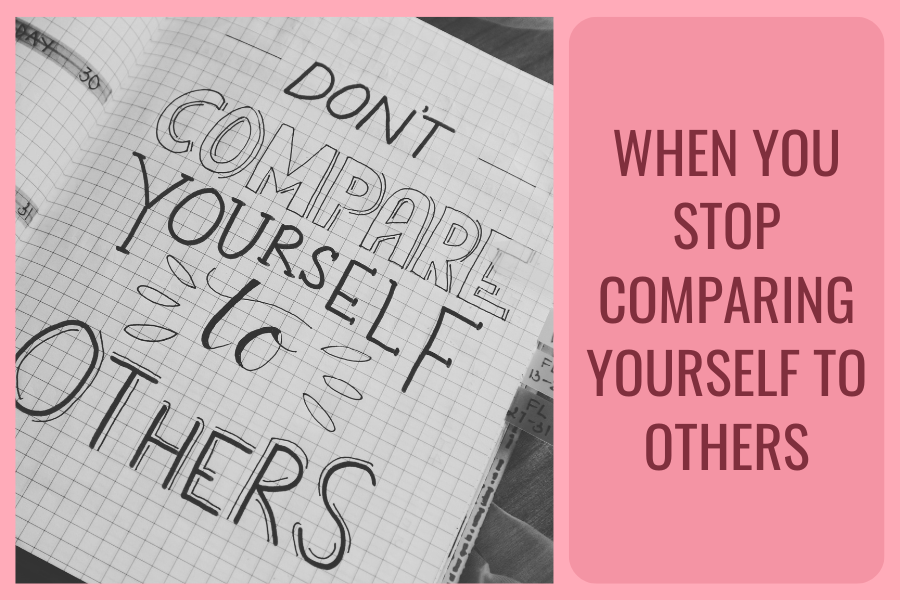Do you find you can’t stop comparing yourself to others? Are you constantly measuring your successes, your happiness, or your abilities against those around you?
If so, you’re not alone. I struggled with this for years, especially during a particularly difficult period in my life — the years following the birth of my children.
It was during this time that I realised I had developed a chronic case of “comparisonitis,” a term I now use to describe the constant and harmful habit of comparing oneself to others.
The Trap of Comparison
For nearly three years, I suffered from postnatal depression. During this dark period, I couldn’t help but notice how my friends seemed to glide effortlessly through motherhood. They had smooth rhythms to their days, spending time with their children at home, at the beach, or in restaurants, all with genuine smiles on their faces. At children’s birthday parties, I would watch these composed, happy mothers and feel both confused and envious.
Why weren’t they struggling like I was? Why didn’t they seem to resent the constant demands of motherhood the way I did? How were they managing their toddlers’ meltdowns with such grace, while I felt like I was falling apart whenever my child threw a tantrum in public?
Whenever my daughter had a meltdown, I was mortified. I felt completely out of control, unsure of how to handle the situation. Worse, I couldn’t admit this to my friends. I was afraid to confess that I had no idea what I was doing.
So, instead, I compared. I compared myself to the mothers who seemed so sure of themselves, so calm and collected. And, predictably, I always came up short.
Just as I compared my ability to handle motherhood to my friends’ seemingly perfect parenting, I found myself comparing my writing journey to that of successful authors. Why was I struggling to get words on the page, while others seemed to be publishing bestsellers with ease?
The truth is, behind every finished novel is a story of struggle—just like behind every happy family photo is a story of hard days and sleepless nights.
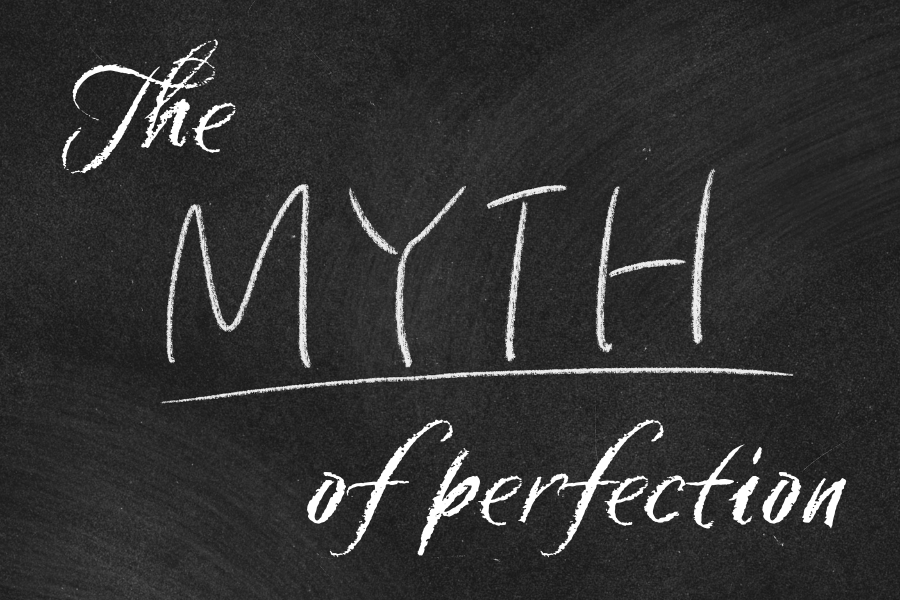
The Myth of Perfection
Looking back, I realise that I was trapped in a vicious cycle of self-judgement. My friends were doctors, lecturers, business owners, and entrepreneurs. They were intelligent, confident, and successful, grabbing life by the horns. Instead of feeling proud to be among such inspiring people, I felt intimidated.
Their confidence only served to highlight my insecurities. I couldn’t help but compare myself to them — and in doing so, I convinced myself that I was failing.
Before becoming a mother, I had been confident too. I was sure of my abilities, my opinions, and my place in the world. I had never been one to second-guess myself. But motherhood changed all of that. Suddenly, I was full of doubt and fear.
My confidence deteriorated slowly, month by month, until by the time my second child was born, I was almost unrecognisable to myself. Postnatal depression took root, and with it came an even deeper sense of inadequacy.
The truth is, I wasn’t failing. But my constant comparisons made it feel like I was. I had convinced myself that everyone else was managing motherhood better than I was — and that belief only deepened my depression.
In the same way I felt intimidated by my friends’ confidence as mothers, I often felt overwhelmed when looking at successful authors. They seemed so sure of themselves, cranking out novels while I was stuck staring at a blank page. But just like with parenting, writing is full of unseen struggles.
Every author, no matter how prolific, has moments of doubt, writer’s block, and failure. The key is to stop comparing yourself and focus on your own journey.
The Turning Point
If you find yourself in a similar position, constantly comparing yourself to others, I want you to know one thing: stop comparing yourself. Easier said than done, I know. But the first step in overcoming this harmful habit is recognising it for what it is: an illusion.
What I’ve learned, and what I hope to reassure you of, is that with time, things do get better. Your hormones will settle, your depression will lift, and you will start to remember that you are capable and strong.
The skills and knowledge needed to be a good mother are already within you. They may be temporarily buried under layers of exhaustion and self-doubt, but they haven’t disappeared. You haven’t lost them.
This “amnesia” of confidence is short-term. It will dissipate with time, support, and self-compassion. What helped me most during my recovery was understanding that motherhood is hard for everyone.
Everyone has their own struggles, even if they don’t show them. Social media, polite conversations at birthday parties, and fleeting smiles at the beach don’t tell the whole story. Every mother, no matter how put-together she seems, has difficult days.
In motherhood, it took time for my confidence to return, and the same holds true for writing.
At first, I doubted every word I wrote, just as I doubted every decision I made as a new mother. But with time, practice, and perseverance, my confidence in both areas began to grow.
Just like parenting, writing a novel isn’t about getting everything perfect on the first try—it’s about showing up every day and doing your best.
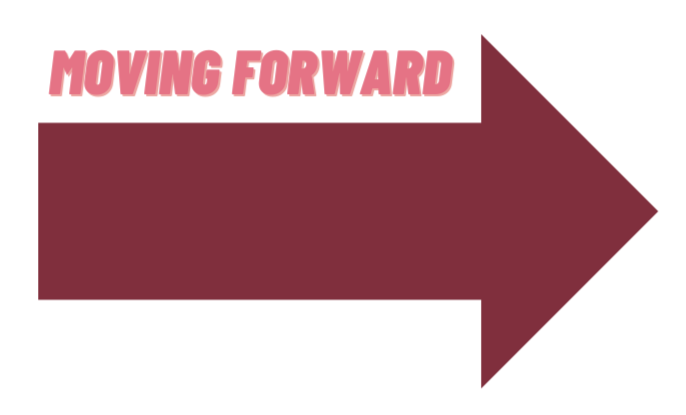
Moving Forward
The key to overcoming comparisonitis is to stop comparing yourself to others entirely. Instead, focus on your own journey, your own progress, and your own strengths. Trust that what you see on the outside isn’t the full picture of someone else’s life.
Just because someone appears to be handling things better doesn’t mean they aren’t struggling in their own way.
For a long time, I was miserable every single day. I dragged myself through each morning, afternoon, and evening, wondering when I would finally feel better. And then one day, I did. It wasn’t a sudden change, but a slow, gradual improvement.
Eventually, I began to see that light at the end of the tunnel. I started to feel like myself again.
If you’re in that same dark place, know that you will get through it. It may take time, and it will certainly take patience. But the clouds will lift, and you will emerge stronger. You’ll find that you’ve learned valuable lessons along the way.
Overcoming comparisonitis took time, but eventually I realised that my journey as a mother was unique to me—and that was okay. I had to stop comparing myself to others and trust my own instincts. The same is true for writing.
Every author’s journey is different, and there’s no one right way to write a novel. The important thing is to keep writing, no matter how slow the progress may feel.
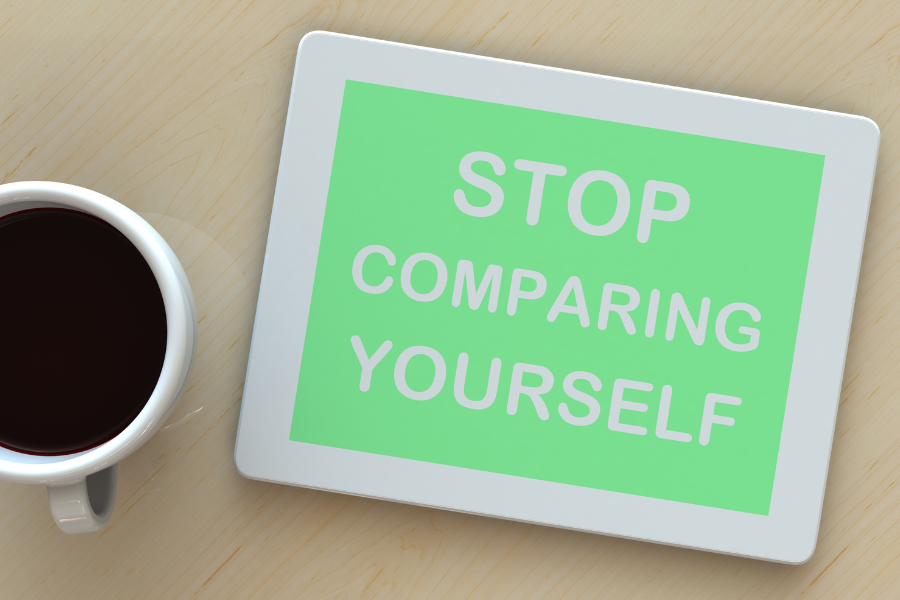
Final Thoughts: Embrace Your Journey
Motherhood, like life, is not a competition. There is no prize for being the most perfect parent, nor is there a universal standard for what that even looks like. We are all doing our best, and that is enough.
So, stop comparing yourself to others. You are on your own journey, and it doesn’t need to look like anyone else’s.
With time, you will regain your confidence, and you’ll come to see that you are enough just as you are. The next time you catch yourself comparing your life to someone else’s, remind yourself that comparison is the thief of joy.
Focus on your own path, your own progress, and your own strengths. You are doing just fine.
Motherhood and writing a novel are both long, challenging journeys filled with moments of doubt and uncertainty. In both cases, it’s easy to fall into the trap of comparison, but that only steals your joy and progress. Just as you are enough as a mother, you are enough as a writer.
Stop comparing yourself—whether it’s your parenting or your writing—and trust that you are exactly where you need to be.
The next time you feel overwhelmed or inadequate, I encourage you to stop comparing yourself. Instead, take a deep breath, reflect on your own progress, and trust that you are exactly where you need to be.
Remember, you are more than enough.
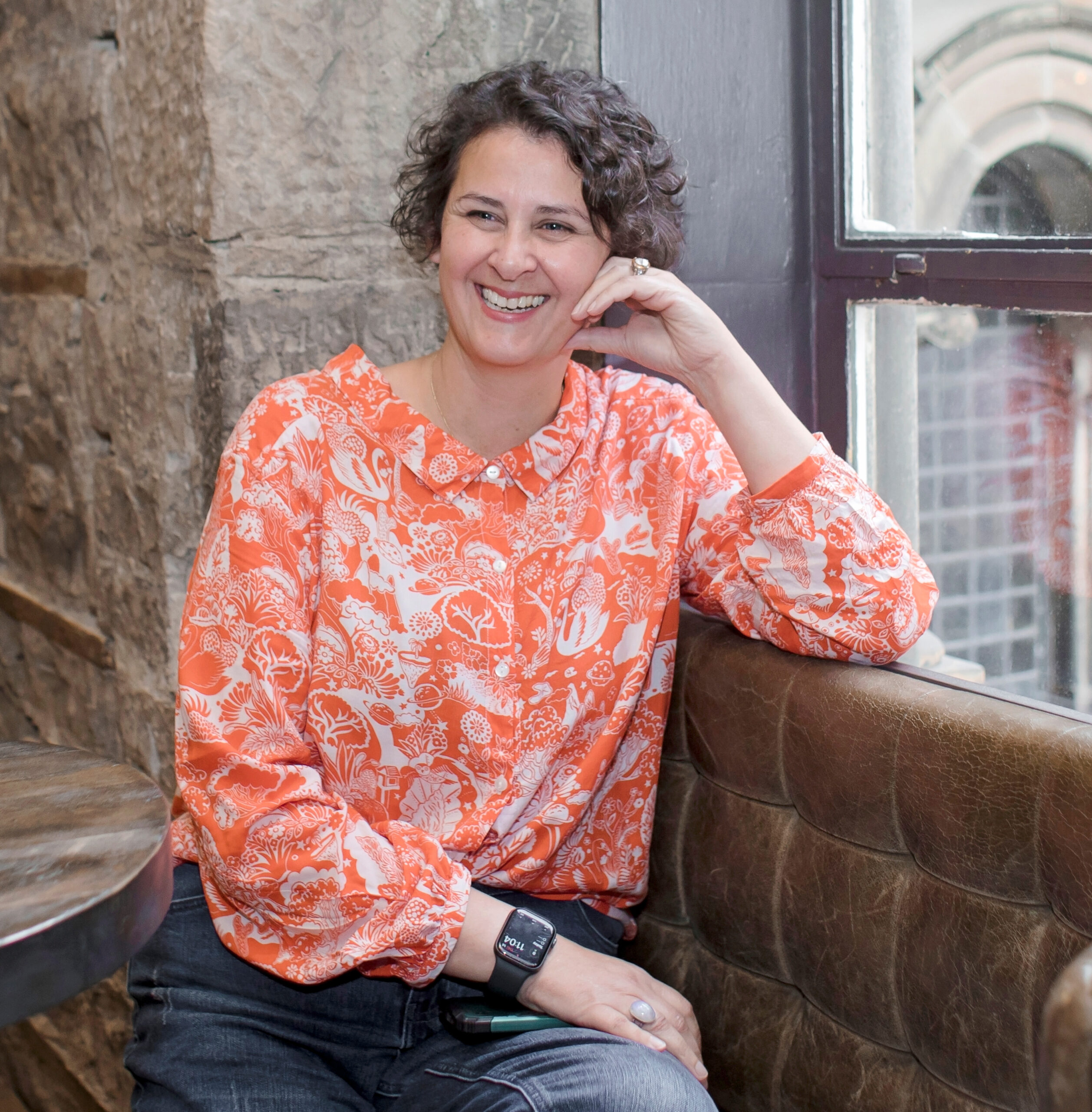
Emma Dhesi
Emma Dhesi is a Certified Author Accelerator Book Coach and bestselling author who helps writers let go of perfectionism, self-doubt and writer's block through her signature programme, Unlock Your Creative Block.
She is the host of the YouTube Channel, Emma Dhesi, where she interviews debut and experienced authors alike.
Through her 1:1 coaching programme, Emma helps new authors start and finish their first novel.
Emma provides personal written feedback on their pages and guides them through the emotional rollercoaster that is writing a novel!

